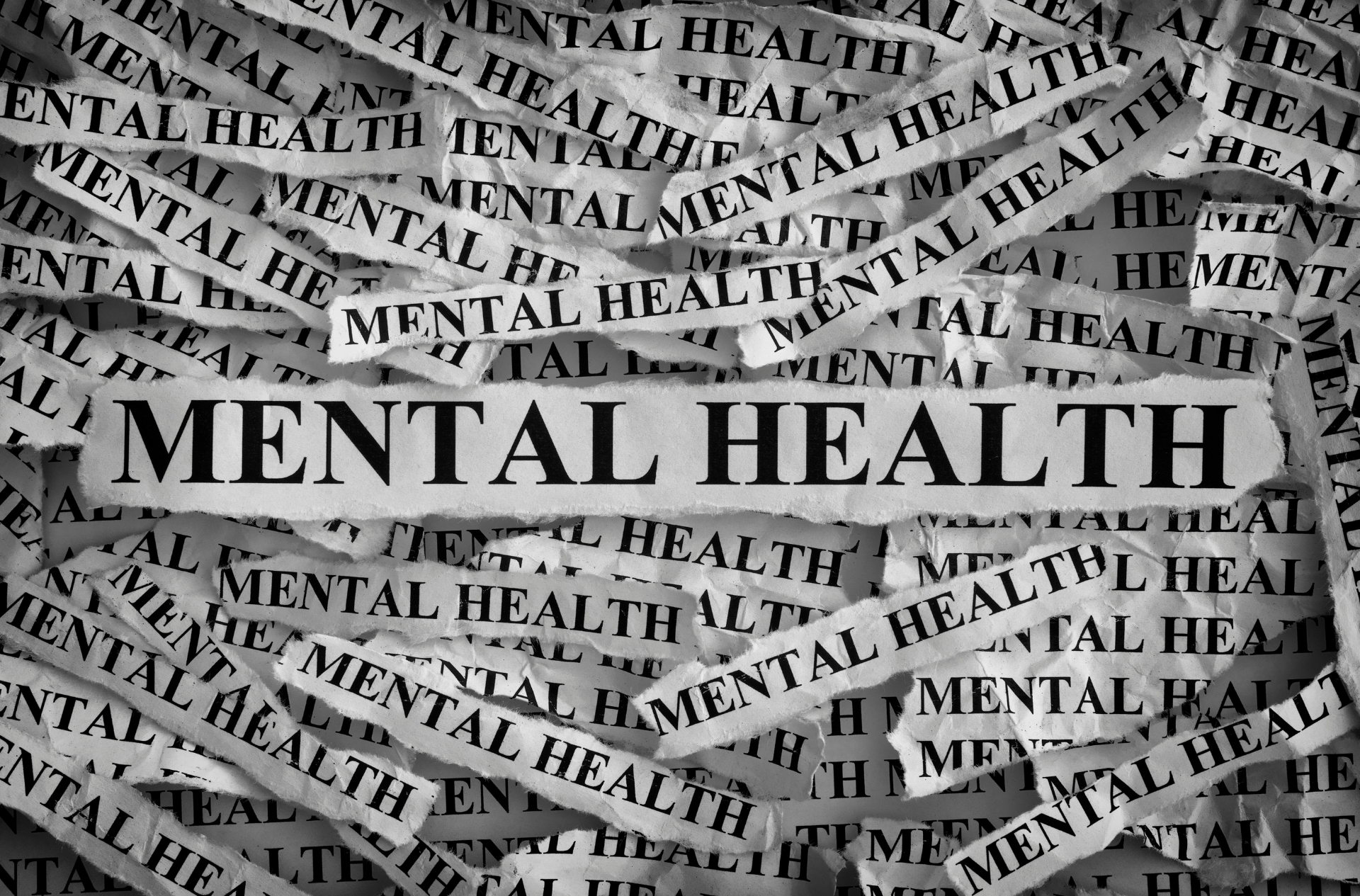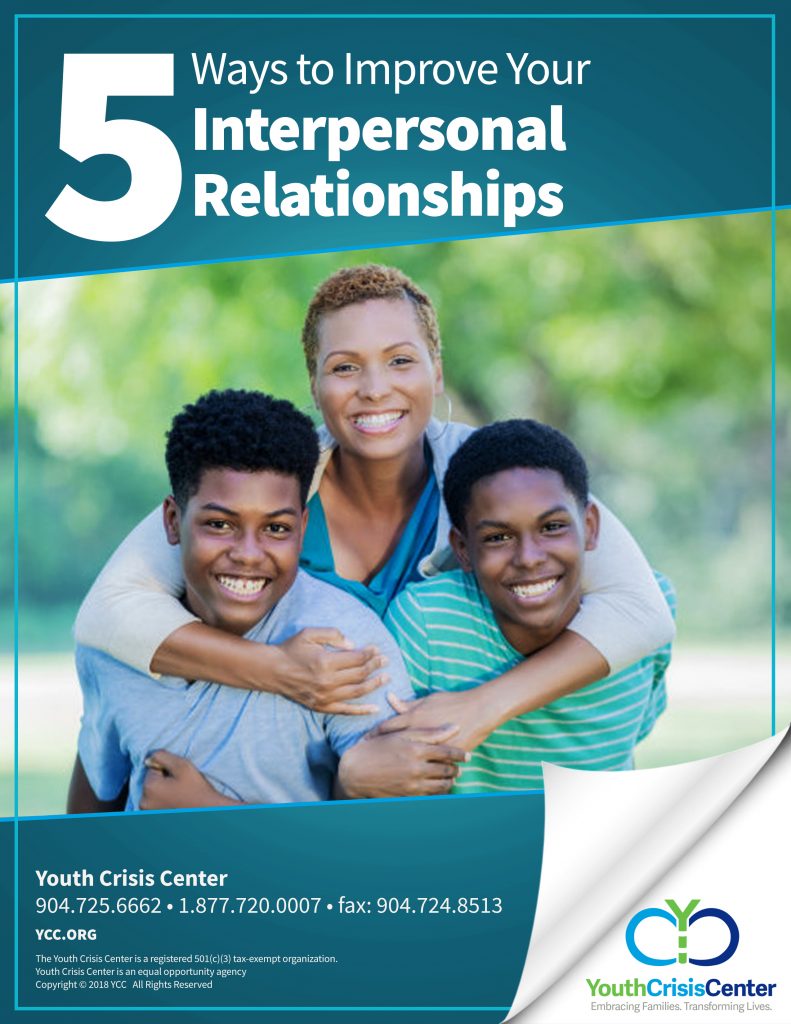Mental health is the well-being of an individual’s mental, emotional, and/or physical functioning. Mental health is something that all individuals have whether they are aware of it or not. When something has an impact on our mental health we may refer to it as mental illness. Although there are myths about mental health/illnesses and how it impacts individuals it is very similar to any other illness and should be treated as such. For example, imagine having migraines that interfere with how you can interact with your friends/ family, perform job responsibilities at work, or even do things you love like going for a run. Most of us will seek a doctor to learn the cause of the migraine and how we can at least decrease or eliminate migraines due to its impact on our lives. Having migraines doesn’t mean something is wrong, but further warrants attention by a professional. In the same concept, mental health warrants us to take a look into what is impacting us mentally, emotionally, or physically, and what we can do to make it better.
Sometimes mental health and mental illness are used interchangeably. This should not be the case. According to the CDC, mental illnesses are conditions that affect a person’s thinking, feeling, mood, or behavior. Those conditions have a handful of different names like depression, anxiety, bipolar disorder, or schizophrenia. The CDC says such conditions may be occasional or long-lasting and affect someone’s ability to relate to others and function each day.
The CDC says while the terms are often used interchangeably, poor mental health and mental illness are not the same things. For example, a young woman can experience poor mental health and not be diagnosed with a mental illness. However, a teen boy could be diagnosed with a mental illness and experience a period of physical, mental, and social well-being.
How can someone take care of their mental health? What does care look like?
Lead Family Link Therapist at the Youth Crisis Center, Jazmin Jerome says ensuring mental health can look different for many people. Self- Care and implementing healthy coping mechanisms can provide individuals with a source of strengthening their mental health and overcoming challenges faced in.
- Healthy eating
- Meditation
- Journaling
- Medication
- Talking with a mental health professional
- Doing puzzles
- Exercising
- Spending time with family/friends
When someone struggles with mental health or does not know where to start when it comes to taking care of it, what should they do?
For someone unaware of where to start when it comes to taking care of their mental health it would first be beneficial to think about/recognize any changes in behaviors, moods, and interests. Jerome, who is also a Registered Clinical Social Work Intern suggests talking to someone about these concerns is the first step to getting help from a professional. Although you may not want to talk to a mental health professional at first, being able to talk to a trusted individual and expressing your concerns will allow others to help you as well.
Easy Mental Health Tips:
Some of Jerome’s favorite mental health tips include:
- Spending time with loved ones, surrounding yourself with good company and people who have your best interest
- Journaling, even if not physically writing in a journal but at least having a trusted individual that can act as your “human journal” who you can talk to and truly express yourself with
- Finding a new hobby or continuing with a current hobby, being able to identify things that make you, you that brings you peace is very important when it comes to ensuring positive mental health.
About the Youth Crisis Center
Founded in 1974 as Florida’s first runaway program, the Youth Crisis Center emphasis on care is for those who have been exposed to traumatic situations such as divorce, homelessness, relocation, bullying, loss of life, and abuse. This past year, the Youth Crisis Center served a total of 2,467 children, teens, young adults, and families. Nationally recognized as setting a standard in youth services, YCC has been ranked as one of the top five programs in the United States by the Youth Policy Institute in Washington DC. YCC provides a variety of services such as short-term residential crisis care, outpatient therapy, skills-based groups for children and their parents, and transitional living programming for young adults.


